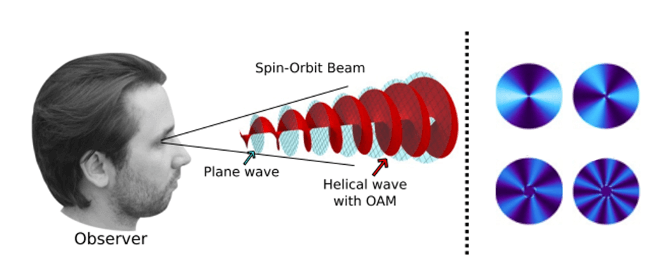Summary
High quality factor cavities can be powerful control elements for ensembles of spins, enabling unitary control as well as on demand cooling. They can also be used to couple two otherwise non-interacting ensembles. The goal of the project is to explore the physics and engineering of such systems both theoretically and experimentally. The laboratory contains a uniquely configured dilution refrigerator that has two volumes at the base temperature: one in a magnetic field and one in near zero magnetic field. This allows superconducting electronics to be used as control and measurement systems in conjunction with spin ensembles located in magnetic fields of up to 1 Tesla.

Related Content

Distributing Multimode Entanglement with Microwave Photons
Microwaves have enabled numerous classical technologies, in part because they propagate through air with little energy loss.
March 6, 2017

Extensible Technology for a Medium-Scale Superconducting Quantum Processor
Summary Superconducting quantum bits, or qubits, use circuits made from superconducting materials to harness quantum mechanical states. These devices contain many atoms, but can behave as simple, controllable qubits. We are building technologies for the control and measurement of superconducting qubits to enable the first demonstration of an extensible, medium-scale quantum processor. Our approach […]
November 28, 2016

Quantum Material Multilayer Photonic Devices and Network
Summary Realizing highly integrated quantum photonic devices on a chip can enable new opportunities for photonic quantum computation. In this project, we explore heterostructures of stacked two-dimensional (2D) materials, such transition metal dichalcogenides (TMDC) or graphene, combined with optical microcavities as a platform for such devices. 2D materials are extremely thin and flexible, and have […]
December 12, 2019

Structured Light Applications in Vision Science
Eye diseases such as macular degeneration can have a devastating impact on quality of life. Early detection and treatment are thus crucial for preventing irreversible vision loss. A previous study found that the human eye can detect differences in ‘structured’ light beams. Such light beams are composed of a coherent superposition of differently polarized planar […]
April 24, 2023

